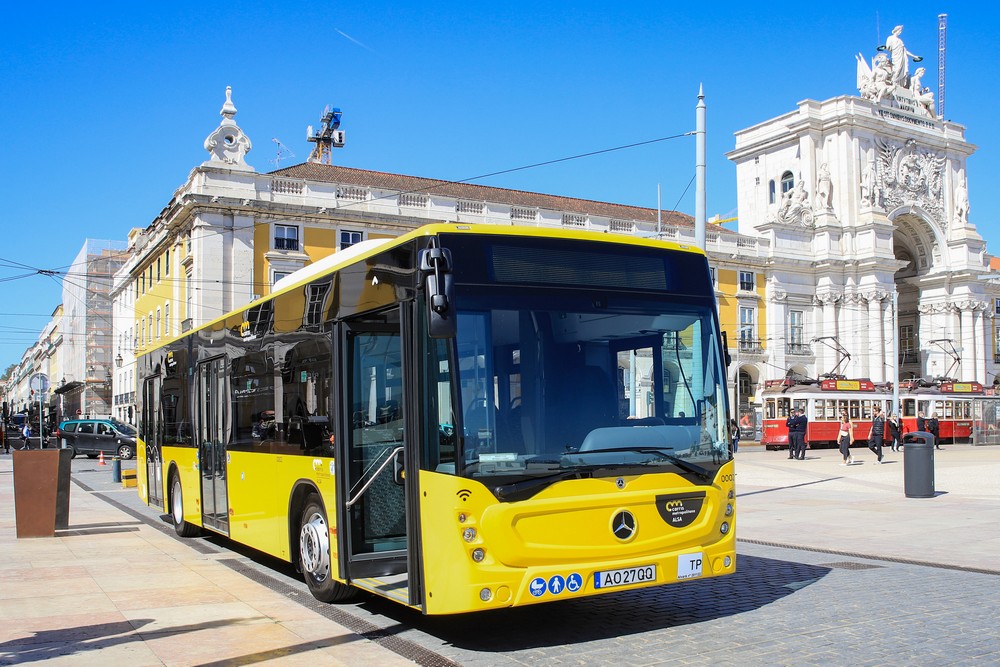The Common sense blackout

I did not attend the technician, I am not an engineer and I do not understand the physics of energy production and transmission. Nor do I want to look like a Dr. Pangloss, for whom « everything is for the best in the best of possible worlds. » But it wants to seem to me that the response to the blackout, though not free from failure, was more effective than the accusations of « failure » and « delay » in the reaction suggest. For example, until midnight April 29, the supply was fully restored in Portugal, in a process that took about 10 hours. By comparison, Spain took almost 23 hours to reach the same level of recovery, which highlights the relative efficiency of the Portuguese response. Critical service management was also reasonably successful with, for example, hospitals did not report serious embarrassment.
Despite the relative successes, the answer faced significant challenges, particularly in communication with the population and the functioning of SIRESP. The government has communicated little and, especially badly, with emphasis on Minister Castro Almeida who, or mistaken, will become one of the fatalities of the blackout. About SIRESP we are talking: it has shown once again (it will be third or fourth) that does not serve. Having spent 700 million in this system is no reason to maintain it: as you teach in economics ‘Let Bygones Be Bygones’.
Electricity was not, however, the only absent on the 28th. Also the common sense of commentator and politicians suffered a true blackout. On the other hand, demagogy and ‘end forecasts of the game’ remained sparkling. The examples abound. Some said all that went well (or less bad) was due to civil protection, firefighters, REN and e-rede technicians, and many others, anonymous, who ‘dwelling the situation’ without any government contribution or leadership. I don’t know. But if in fact it was, it is a good sign, a sign that we can trust the existing mechanisms and that the system is resilient. We would be wrong if the emergency reaction to a crisis depended on the initiative or leadership of any government.
Another kind of dizzy observation is that this event evidenced a breach in national sovereignty. None of this would have happened, some say if we were self -sufficient without being dependent on abroad. In fact, however, the country restored the energy supply precisely because it was able to enter the energy autarchy, proving that redundant systems, such as fossil fuels generators, were resilient. We export or import energy because and when it is economically advantageous. (On the day I want to write to you, we have, for example, an exporting balance). In essence this line of reasoning is the equivalent to say that if we had no trade with the US we would not be affected by Trump’s tariffs. Yes indeed! And would we be better? Energy autarchy as economic is not a solution. Diversify the dependencies, that is very warned.
Perhaps that most impressed me in general of the comments was the manifest, almost childish, security desire. The expectation of ‘absolute security’ at events like April 28 blackout is unrealistic. There is no zero risk in complex electrical systems. The European power grid is highly interconnected, which increases efficiency, but also vulnerability to waterfall failures. These are the benefits and risks of globalization. And if we think well, there is no zero risk to anything in this life. Still if it were materially possible, it would certainly be economically unfeasible to ensure absolute protection to prove any and all risk, especially those who, without a doubt, are rare. In the end, it is summarized to multiply the estimated injury of the claim by the probability of its occurrence.








